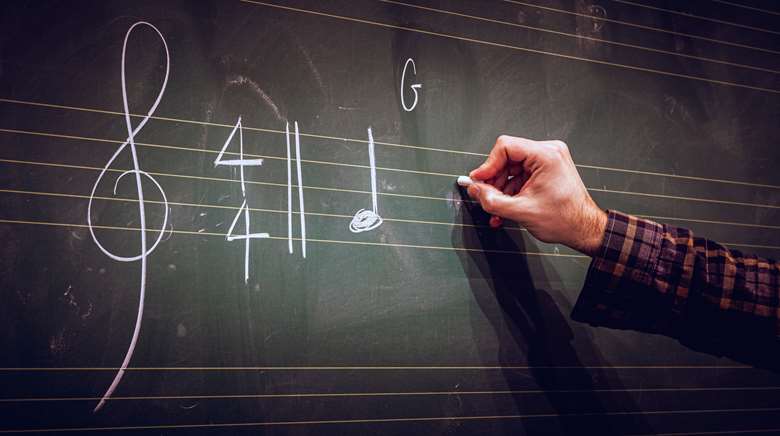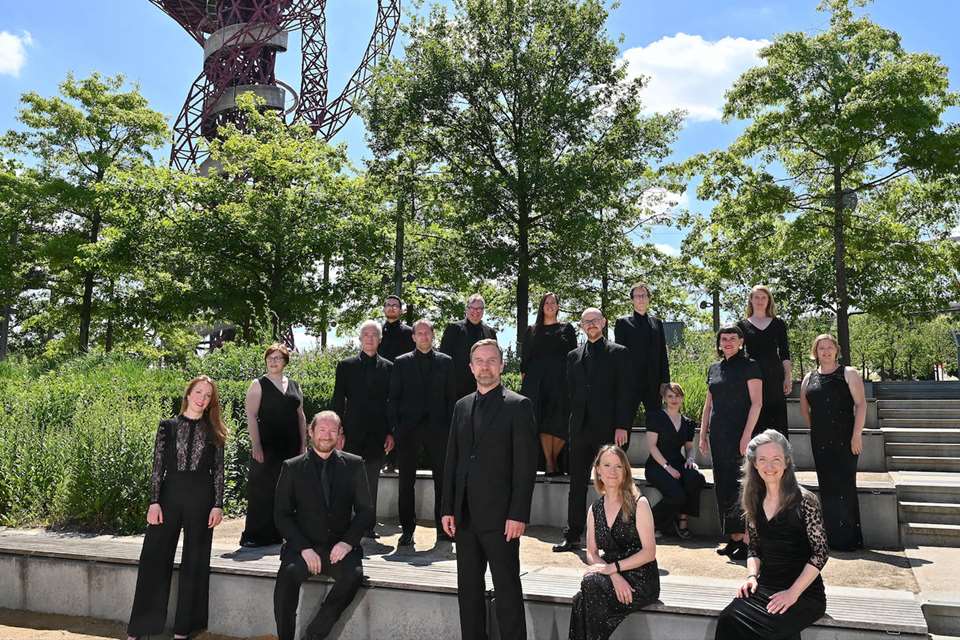The Long View | Who’s to blame for the disaster facing the Humanities?
Andrew Mellor
Monday, August 14, 2023
Universities without the humanities will wreak havoc in our industry, and produce generations of graduates AI could eat for breakfast


Register now to continue reading
Don’t miss out on our dedicated coverage of the classical music world. Register today to enjoy the following benefits:
- Unlimited access to news pages
- Free weekly email newsletter
- Free access to two subscriber-only articles per month




